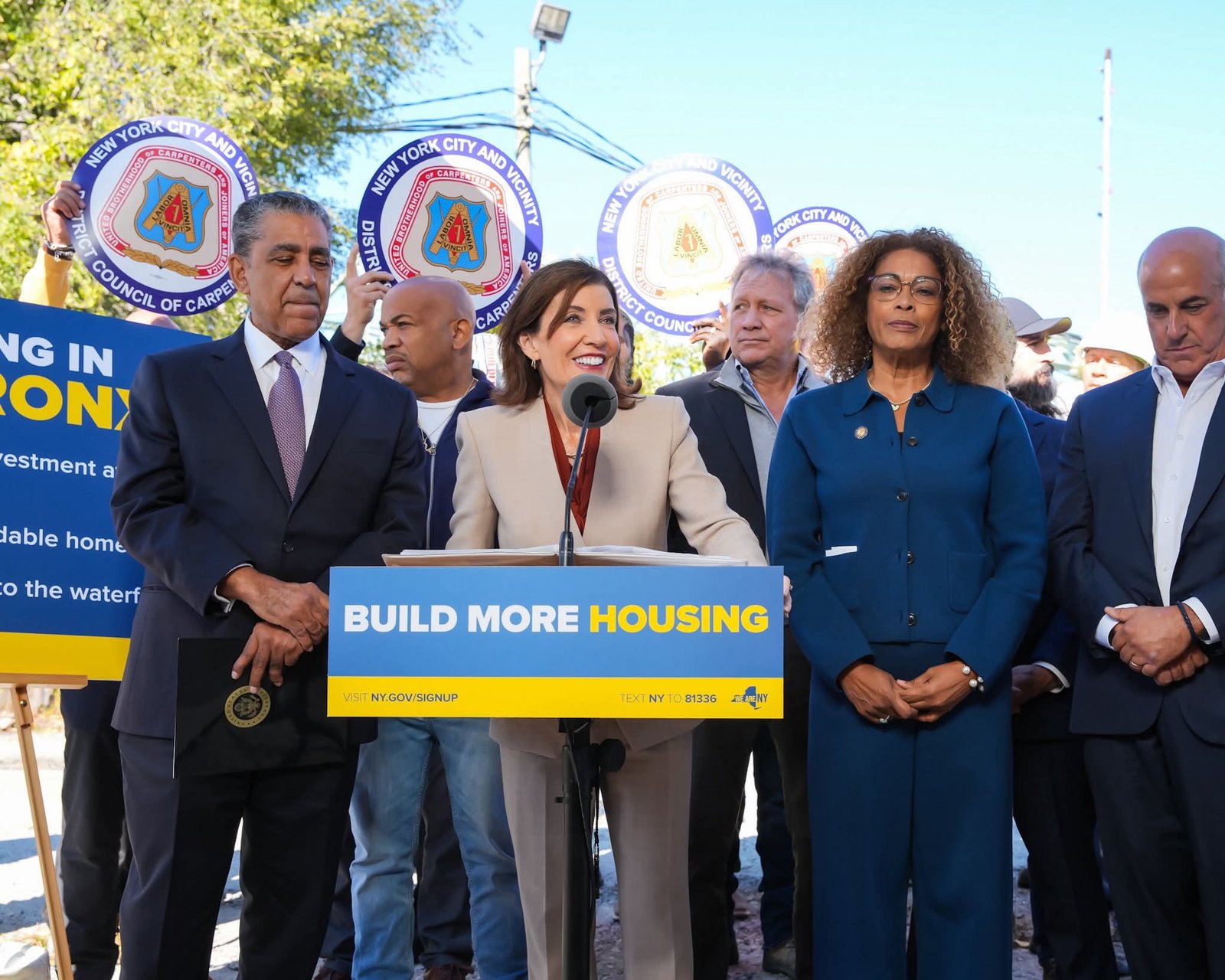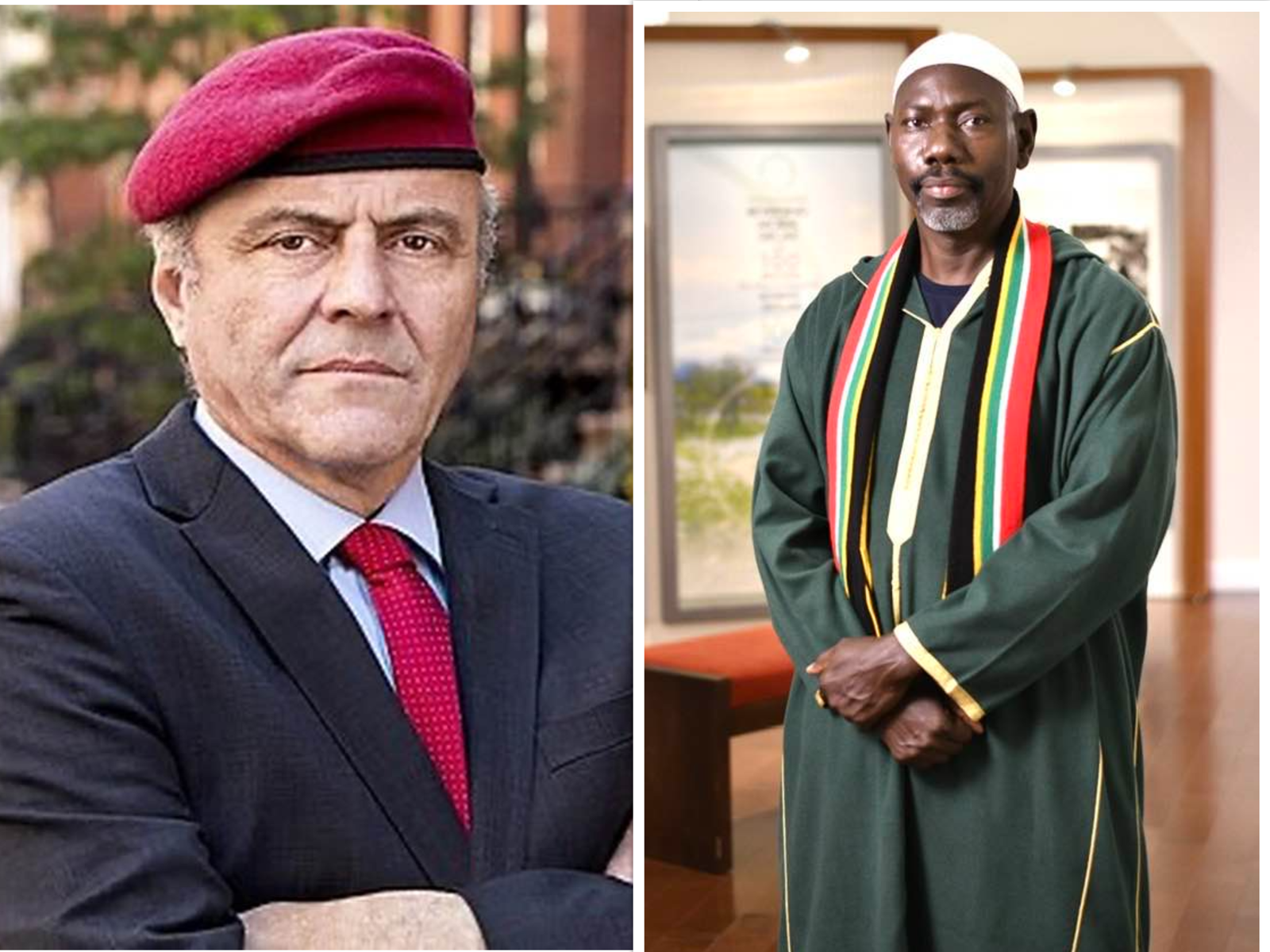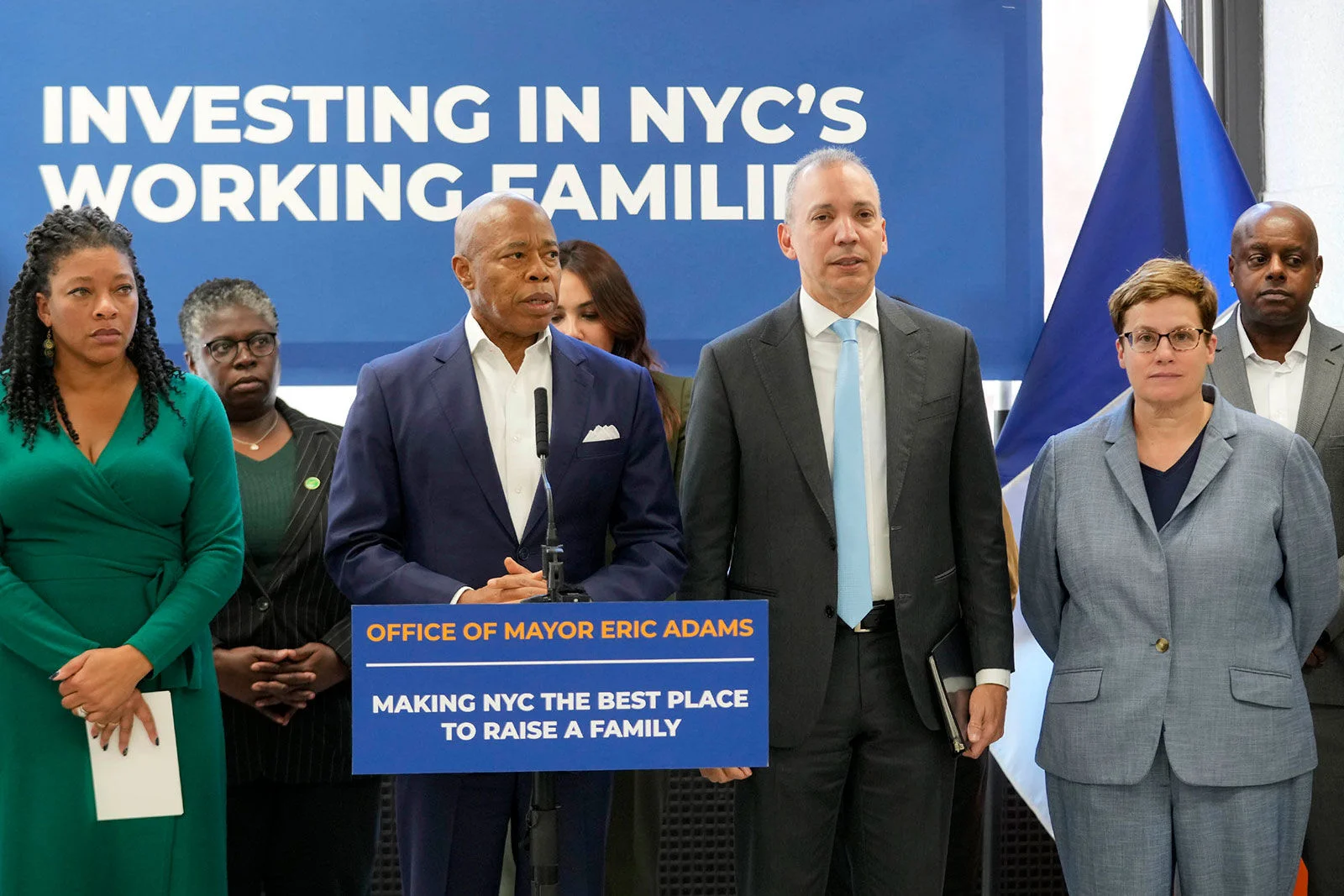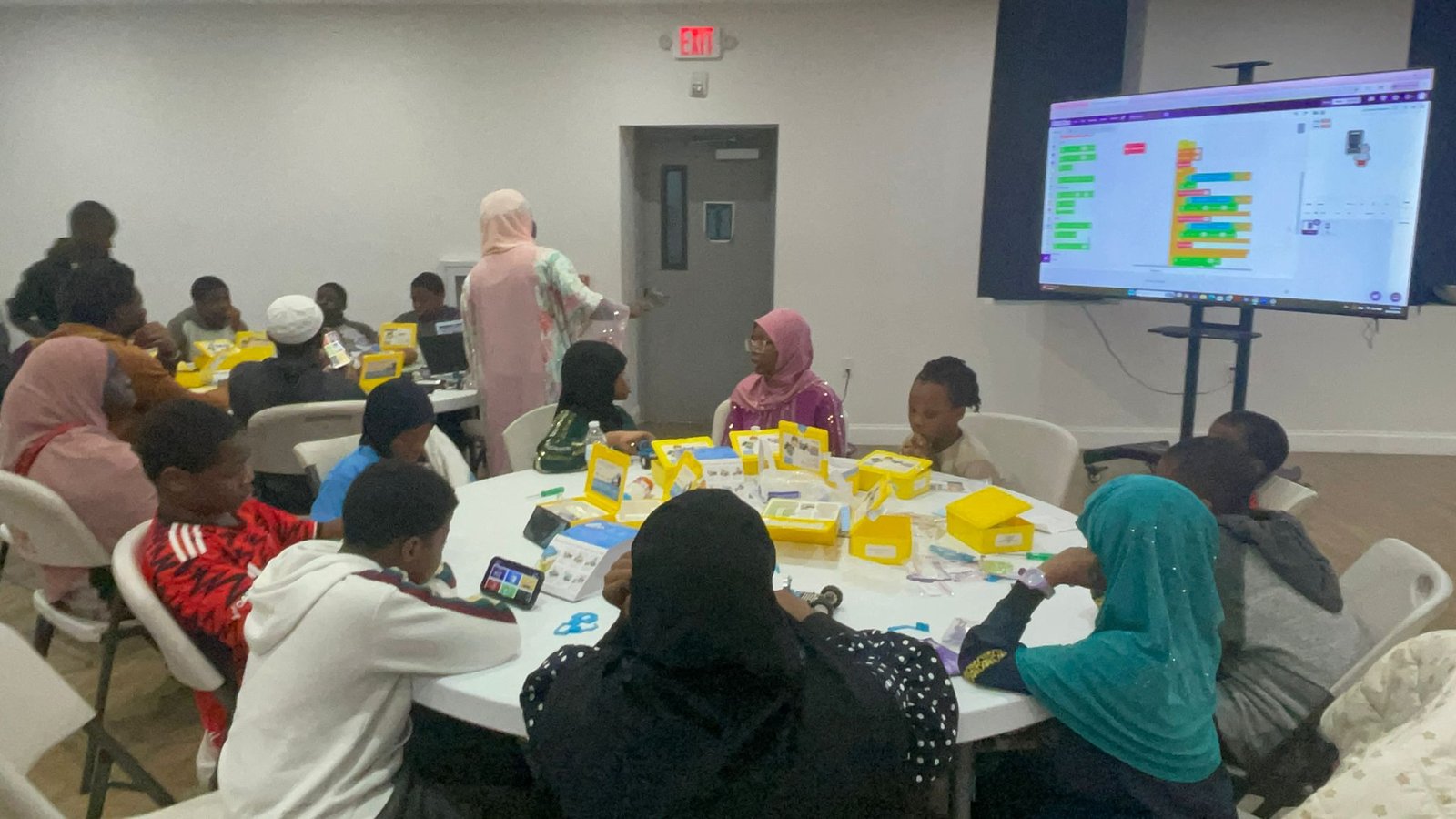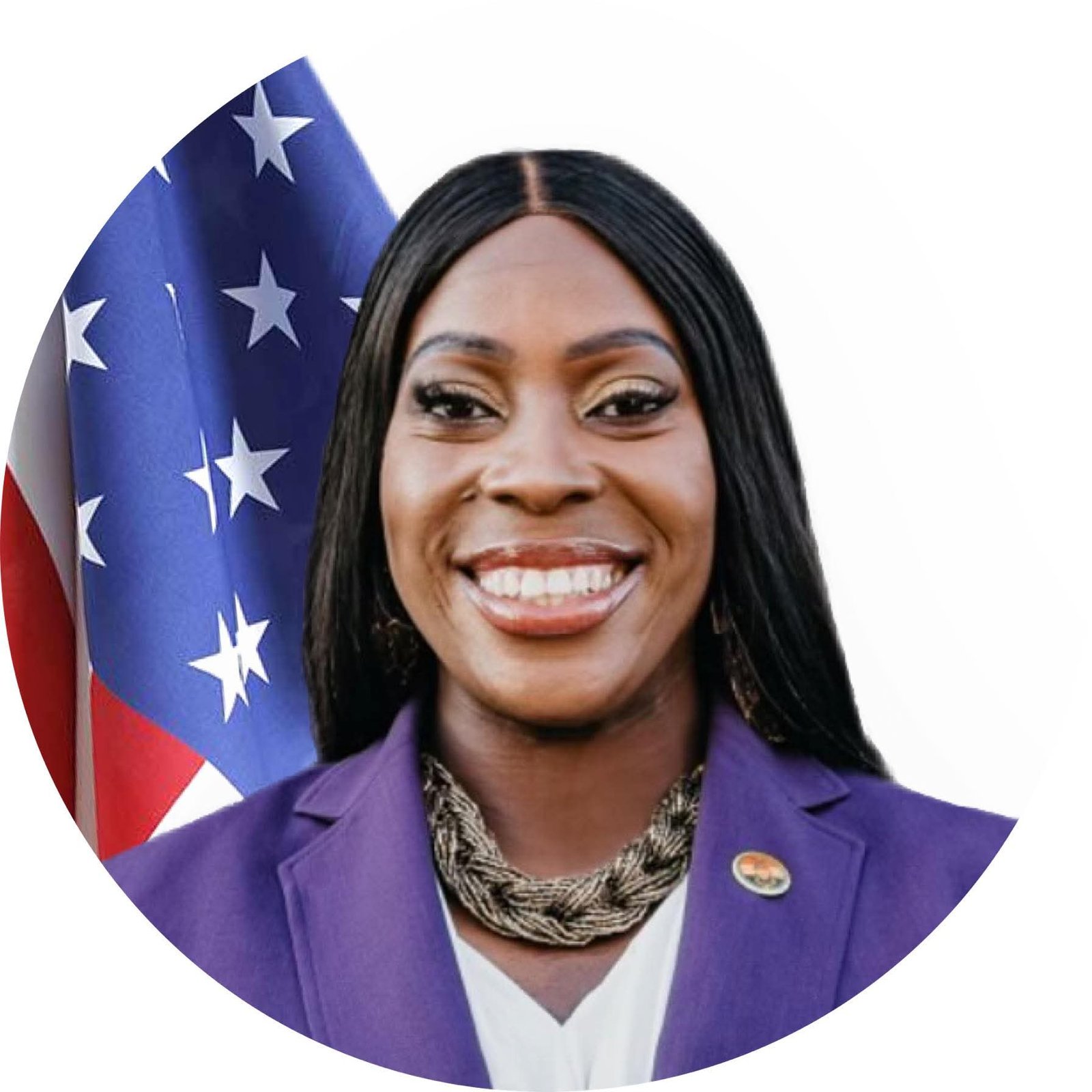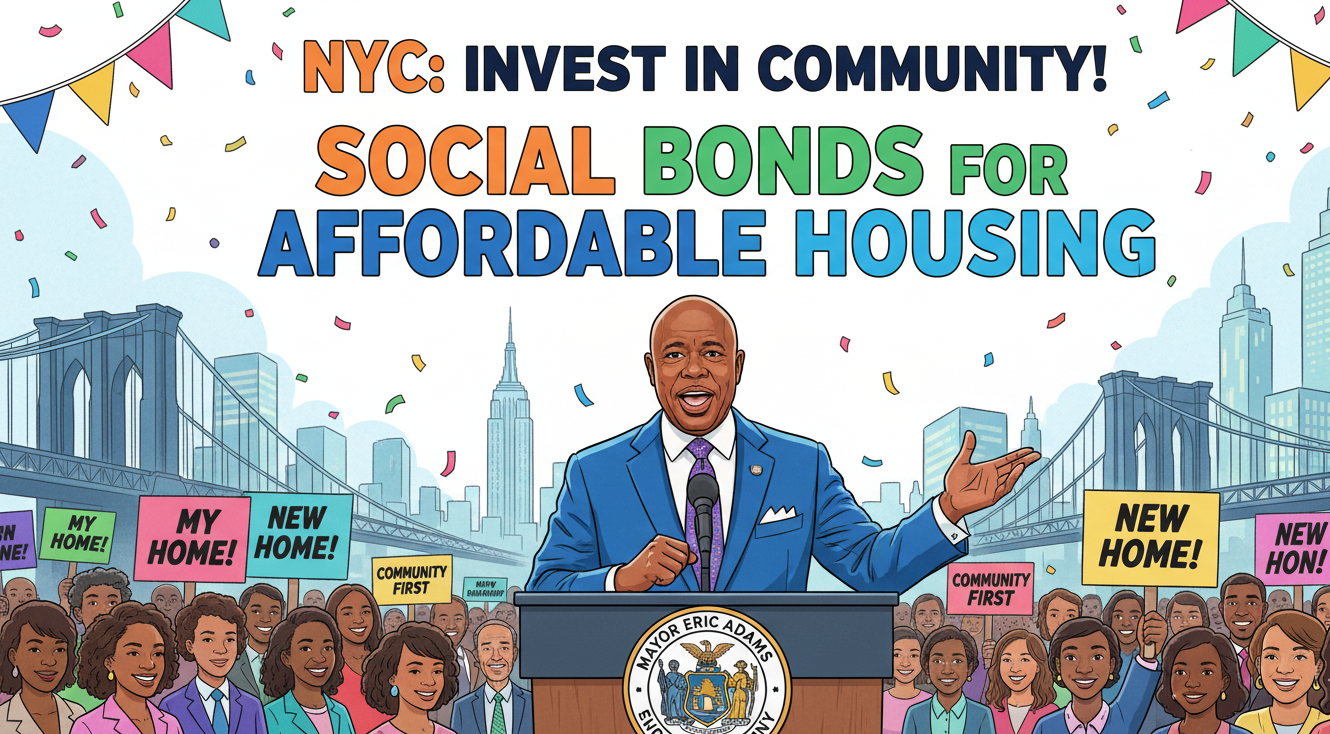
By Bobbie Sackman
For more than four decades, I have served as an advocate for older Americans. In that time, I have fought for affordable senior housing, better health care for older adults, community-based aging services, and an end to overall elder abuse. While these issues remain central to protecting older adults like me, we must also focus on a concern harbored by technology: the growing prevalence of online scams. Just imagine how disquieting getting caught up in a scam can be for millions of older Americans.
According to the FBI, older adults lost $4.9 billion to scammers last year. More than 100,000 people aged 60 and over reported being victims in 2023. Scams ran the gamut from get-rich-quick investment schemes to criminals pretending to be government authorities or technology support.
One heartbreaking scam is the “grandparent scam,” where criminals use artificial intelligence and phone spoofing technology to pretend to be a grandchild in crisis and make an appeal for quick cash. Scammers know that grandparents will come to the rescue of their grandchildren if they can, and they prey on this vulnerability.
Scams span all technology platforms and funding sources. They can start on the phone, over text, on email, and even on fake websites or online marketplaces. They can involve cash, gift cards, checks, credit cards, and online payments.
The scammers themselves can be anywhere in the world. Many originate from “scam factories” in Southeast Asia, where scammers operate 24/7, every day of the week.
In recent years, different levels of government have taken steps to help address this problem, with varying degrees of success.
New York has the fourth largest population of residents over the age of 60, in the nation: 4.6 million. One out of four New Yorkers is over the age of 60. Millions of older New Yorkers are at risk of being victimized by on-line scams. Local and state agencies have publicized well-known scams as they occur, such as fake EZ-Pass text scams, and engaged in consumer education efforts to warn older adults about what to look out for. In Washington, DC, the Federal Trade Commission (FTC) offers frequent tips and alerts about how older adults can protect themselves, including how to spot scammers.
One body that has curiously been absent on this issue is Congress. Even as the number of scam victims has increased, the legislative body has failed to pass meaningful legislation. In addition, many members of Congress have sought to blame technology, such as peer-to-peer payment platforms, for losses, rather than targeting the real perpetrators—the crooks themselves.
In 2025, it is time for Congress and other federal and state actors to do more to stop online scams. To protect older adults, we need action on three fronts.
First, we need to give law enforcement more resources so the FBI, state police, and others can track down and arrest scammers. Public policymakers must stop focusing on the mediums where scams take place and start giving law enforcement the technology and funding they need to catch crooks.
Second, we need all the government actors in this space, from the FTC to state Attorneys General, to better coordinate their activities. A federal-state task force, for example, could bring together government resources, along with impacted industries, and ensure everyone is pushing in the same direction.
Third, we need Congress and the White House to send a clear message to our allies around the world: shut down the scam centers overseas. With the right cooperation from our international partners, we can make it harder for criminal cartels to prey on older Americans.
Finally, we must connect directly with vulnerable older Americans, making sure that organizations dedicated to their protection have the resources they need. As an advocate myself, I know how these groups keep them informed of new scams, offer ways to respond, along with offering individual support. It’s cheaper to prevent scams from happening in the first place, than to try to recover lost funds after the fact.
In 2025, the time for half-measures and finger-pointing is over. Older Americans have given their lives to building our communities and they deserve better than to have their later years marred by sophisticated criminals who exploit their trust and generosity. We can win this fight against scammers, but only if our leaders step up and treat this crisis with the urgency it deserves.
With a career spanning 40 years, Bobbie Sackman has earned a reputation as a tenacious and passionate advocate on behalf of older adults.


